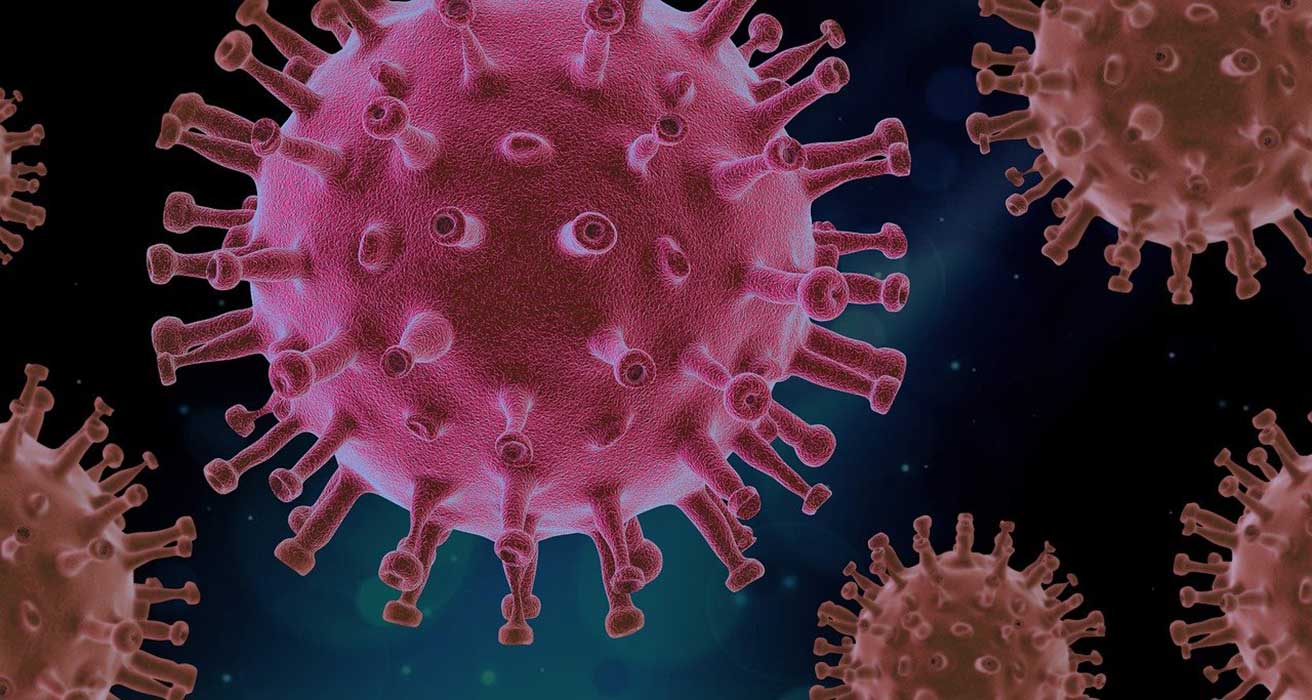
A new variant of the SARS-CoV-2 virus (named B.1.1.7) was identified from genomic sequencing of samples from patients with covid-19 in the south east of England in early October 2020. In December 2020, Public Health England identified this virus as a variant of concern.
During December, this new variant spread from the southeast to London and the rest of the UK. Since then, the prevalence of VOC-202012/1 has been increasing in both Europe and the US.
A new study by the University of Bristol and Exeter aimed to establish any change in mortality from infection with a new variant of SARS-CoV-2. The study found that the SARS-CoV-2 variant, B.1.1.7, is associated with a significantly higher mortality rate amongst adults diagnosed in the community than previously circulating strains.
It showed that the new variant led to 227 deaths in a sample of 54906 patients – compared to 141 amongst the same number of closely matched patients who had the previous strains. It also showed that the Kent strain’s higher transmissibility meant that more people who would have previously been considered low risk were hospitalized with the more recent variant.
Robert Challen, lead author of the study from the University of Exeter, said: “In the community, death from COVID-19 is still a rare event, but the B.1.1.7 variant raises the risk. Coupled with its ability to spread rapidly, this makes B.1.1.7 a threat that should be taken seriously.”
Having analyzed data from 54,609 matched pairs of patients of all age groups and demographics, and differing only in strain detected, the team found 227 deaths attributed to the new strain, compared to 141 attributable to earlier strains.
Dr. Leon Danon, Associate Professor in Infectious Disease Modelling and Data Analytics from the University of Bristol, and the Alan Turing Institute, and senior author of the study, said: “We focussed our analysis on cases that occurred between November 2020 and January 2021, when both the old variants and the new variant were present in the UK. This meant we could maximize the number of “matches” and reduce the impact of other biases. Subsequent analyses have confirmed our results.”
“SARS-CoV-2 appears able to mutate quickly, and there is a real concern that other variants will arise with resistance to rapidly rolled out vaccines. Monitoring for new variants as they arise, measuring their characteristics, and acting appropriately needs to be a key part of the public health response in the future.”
Dr. Ellen Brooks Pollock, Senior Lecturer in Infectious Disease Mathematical Modelling at the University of Bristol, added: “It was fortunate the mutation happened in a part of the genome covered by routine testing. Future mutations could arise and spread unchecked.”
Journal Reference:
- Challen R, Brooks-Pollock E, Read J M, Dyson L, Tsaneva-Atanasova K, Danon L et al. Risk of mortality in patients infected with SARS-CoV-2 variant of concern 202012/1: matched cohort study BMJ 2021; 372:n579 DOI:10.1136/BMJ.n579
Continue reading COVID-19 variant B.1.1.7 associated with a significantly higher mortality rate on Tech Explorist.
0 comments:
Post a Comment